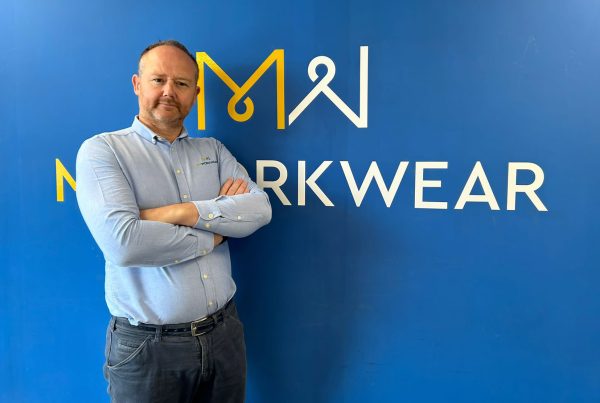- 32% of HR managers say heavy workloads prevent them from helping employees with burnout
- 31% also struggle to recognise signs of burnout in employees
- 94% of HR managers feel they are burnt-out, which experts warn is preventing them from providing effective employee support
- Six in 10 (59%) HR managers state they�ve seen an increase in employee burnout in the last six months
New research reveals the barriers HR faces when tackling rising levels of employee burnout. The research, from�Wellbeing Partners, shows that the most cited issue preventing HR from providing better burnout support to employees is their own workload. Thirty-two percent of HR managers say this is a problem. Thirty-one percent also struggle to recognise signs of burnout in employees.
The survey of 200 UK HR managers also shows that while 6 in 10 (59%) say they�ve seen an increase in employee burnout in the last 6 months, 26% admit to having limited understanding of how to deal with it, and more than 1 in 5 (23%) don�t understand the exact protocols to take when employees show deteriorating signs of mental health. Unsurprisingly, 17% don�t know when it�s appropriate to refer employees� on to mental health professionals.
HR is burnt out too
Wellbeing Partners� research also reveals that 94% of HR managers say they have signs of burnout too. Nearly half (47%) say they struggle to find motivation and stay focused, 4 in 10 (39%) feel tired or drained most of the time, 30% say they don�t sleep well most nights and 27% feel that nothing they do is effective or makes a difference.
On top of this, unhelpful coping strategies are taking place: over a quarter (28%) say they �just want to go on their phone or watch television� and 17% use food, drugs and/or alcohol to cope.
Lou Campbell, Programmes Director at Wellbeing Partners, clinical experts in employee mental health, states:
�Many HR teams are expected to handle employee burnout and mental health issues, essentially becoming counsellors to support employees with any number of problems. This is a dangerous precedent. HR is unlikely to be professionally trained to navigate employee mental health issues, plus too many HR professionals are simply overwhelmed with so many priorities. It�s creating a vicious organisational circle.
�HR can take manageable action. One key step is to learn the appropriate framework – the boundaries – for having supportive conversations with employees. This helps conversations follow an appropriate path, utilising techniques and phrases which prevent support turning into therapy sessions, and bring conversations to a safe close. While showing care for employees, a framework can help HR professionals avoid entanglement in mental health or personal issues, and provides psychological safety for all parties.
�Ultimately, HR must remember that they are not counsellors and should also learn the skills to signpost employees to professional support.�Taking on a counsellor role is not appropriate; ensuring employees get the support they need is. In doing this, HR can gain valuable time for their own wellbeing.�




